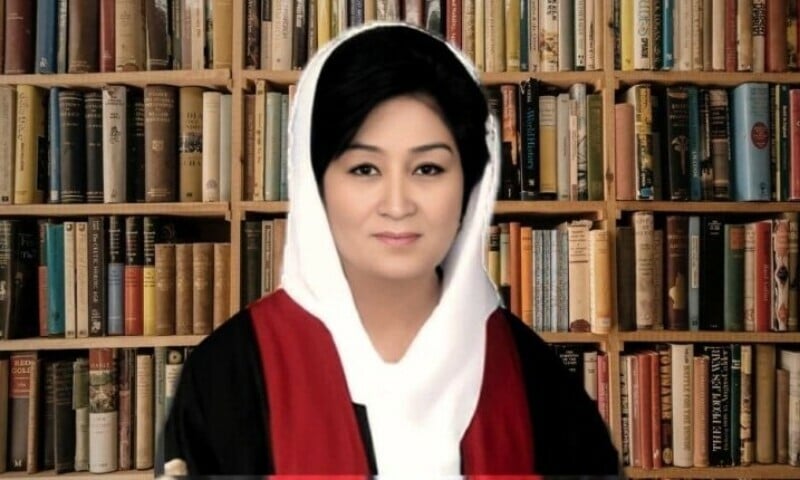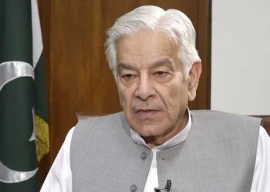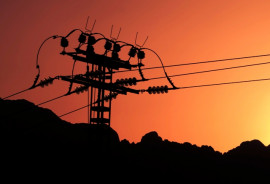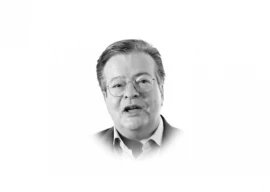
Constitutional Bench judge Musarrat Hilali questioned the rationale behind transferring 103 Pakistan Tehreek-e-Insaf workers to military custody out of the 5,000 arrested on May 9. She made the inquiry during an intra-court appeal against the trial of civilians in military court.
She inquired about the charges filed against those whose trial was conducted in Anti-Terrorism Court, specifically whether they also faced allegations of ransacking military installations.
The Constitutional Bench headed by Justice Amin ud-Din Khan and comprising Justice Muhammad Ali Mazhar, Justice Hasan Azhar Rizvi, Justice Musarrat Hilali, Justice Naeem Akhtar Afghan and Justice Shahid Bilal Hassan heard the case.
Advancing his arguments, PTI founder Imran Khan's lawyer Uzair Bhandari said the Constitution's provisions should be examined to determine what is permissible.
He argued that ordinary amendments cannot infringe upon fundamental rights. He quoted Justice Jamal Mandokhail as saying that the status of armed forces under Article 83-A would have to be taken into account, adding the Army Act contains no provisions other than Section 2(1d1).
Justice Mandokhail responded that Article 243 already applies. In reply, Bhandari pointed out that Justice Mandokhail's past judgments on the matter were available and emphasized that a confession by the accused is essential. He argued that, apart from court-martial, no other provision could be applied.
Justice Amin ud-Din Khan remarked it is not necessary to apply court martial. Bhandari argued it is not that simple, as the FB Ali case clarified the status. It will be applied on any relevant member according to the law. Those with Section 2(1d1) do not fall under 83-A. If they are included, there will be no need to consider fundamental rights. The Army Act only relates to discipline, he said.
Justice Amin remarked that the employees coming under section C would not have to take an oath. Bhandari argued that Section C employees cannot conduct court-martial, adding it is conducted always by officers.
Justice Amin remarked that the armed forces members would determine the nature of the crime. Bhandari argued that the nature of the crime does not infringe upon fundamental rights.
Justice Aminuddin Khan asked what will happen if someone falls under Section 2(1d1). Bhandari argued that the court-martial system cannot be struck down on that basis, adding, "Our point is that civilians cannot be subjected to the court martial system." At one of the previous hearings, a member of the constitutional bench had questioned what might happen if a country violated international laws.
"What would be the consequence if international laws are not followed?" Justice Jamal Khan Mandokhail asked Salman Akram Raja, the lawyer of one of the May 9 rioters who faced trial in a military court.
During arguments on behalf of his client, Salman Akram Raja said civilians cannot be court-martialed as it means stripping them of their fundamental rights. He said court-martialing civilians also violates international standards for a fair trial.
"International standards require that trials be held in open courts, conducted independently and transparently. According to international law, trial decisions should be made public, he said.
























COMMENTS
Comments are moderated and generally will be posted if they are on-topic and not abusive.
For more information, please see our Comments FAQ